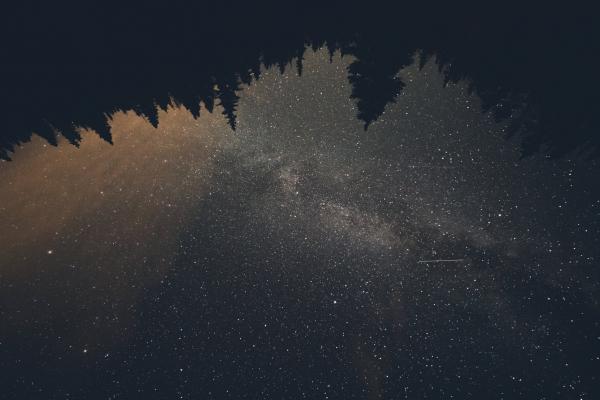[Editor's note: This article is excerpted from Stars Beneath Us: Finding God in the Evolving Cosmos by Paul Wallace copyright (c) 2016 Fortress Press. Reproduced by permission of Augsburg Fortress. No further reproduction allowed without the written permission of Augsburg Fortress.]
WHAT ARE WE to do with an obsolete God?
We have options. We could, as I did for a while, put God aside. ... We can try, but I’m pretty sure that God is the question that won’t go away. Silence it here and it will pop up over there. It may show up as worship of science, or the economy, or a political cause, or ego, or an addiction, or sex, or a fellow human being—or whatever, but show up it will. Some humanists and atheists have expressed contempt for religious believers’ worship of God. They ask, Why worship anything at all? One online interlocutor once asked me, “How can you put the word ‘worship’ on your signs? Isn’t that demeaning?” I replied, “No, it is truth in advertising. We all worship something.” I am convinced that not all worship is true worship, but I am equally convinced that religious believers at least acknowledge that worship is simply what all people, religious and otherwise, do. There’s nothing for it but to accept it and make the best of it.
We could also try to build a new God out of the raw materials of science itself. It’s hard to disagree with Ralph Waldo Emerson when he writes, “Nothing is great but the inexhaustible wealth of nature. She shows us only some surfaces, but she is a million fathoms deep.” Isn’t the cosmos astounding, and isn’t the wonder it stirs in us something akin to a religious feeling? Yes and yes. Without such feelings there would be no religion at all. But are such feelings enough? Is the mind-blowing order and complexity and diversity and beauty of the cosmos sufficient to slake our religious thirst? For some it may be and I can nearly, but not quite, imagine how it could be enough for me.
Read the Full Article

